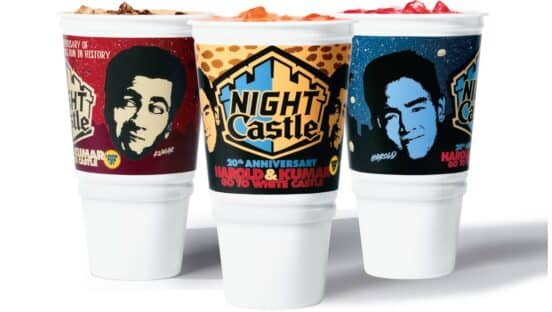Two upstart coupon companies are tapping the power of online media to turn the traditional coupon system on its head.
One of the companies, Boston-based BuyWithMe, went live online in May as a Web-based, group-buying restaurant-voucher service that finds its power in numbers and relies on social media to be successful.
The service works like this: A market-specific restaurant partners with the BuyWithMe campaign and runs a deal through the service, perhaps selling a $35 voucher for $15 (as one restaurant recently did). The deal is promoted to members through social media and e-mail, and customers have the option of purchasing the voucher with one
catch. It can only be activated if a minimum number of people—say,50—purchase it. If the minimum is reached, all participants are charged and e-mailed the voucher.
BuyWithMe CEO Josh Elwell says the campaign is a risk-free marketing tool that helps restaurants promote their brand name and attract new customers.
“A lot of the ways that restaurants can advertise, they don’t take the time to present their brand like we do,” he says. “We put a lot of time and effort into crafting the write-ups that go onto our site, and images of the merchant’s locations, to make sure that when people see it, they go, ‘wow, this really is a great brand.'”
Elwell says that after one BuyWithMe merchant posted a deal, about 90 percent of the customers who redeemed the voucher were first-time customers. He adds that though it is especially a good tool for small businesses, it can also be successful for larger, well-known brands.
“It makes a lot of sense to give people an incentive to come in,” he says. “And you don’t just come in and spend the amount on the voucher. You don’t just come in and eat alone. You bring your friends, you tell your friends, and that’s actually one of the best reasons for doing this.”
BuyWithMe is working with restaurants in Boston and Washington, D.C., but is planning on growing to include “anywhere where there are people who want to save money and merchants who want a cost-effective method to advertise,” Elwell says.
Another company, Nashville, Tennessee-based edo Interactive, released its Facecard marketing operation a year ago, hosting hundreds of thousands of members. Part pre-paid debit card and part virtual coupon service, Facecard
is a plastic card that can have money added to it by friends or parents (including through Facebook) while also offering online deals to its
members.
Participating merchants simply choose their desired target audience (as selected through data and audience filters provided by edo Interactive) and send “prewards” to the specific demographic.
“If I’m in that target audience as a consumer, and a member of Facecard, I get a text message and/or e-mail that notifies me that I’ve got this $2 preward at McDonald’s,” says Jonathan Dyke, COO of edo Interactive. “I accept or decline, and then once I accept that then it’s on my card.”
Dyke says the tool can be useful to promote specific products or dayparts because the deal-creation process can be carefully designed. He adds that quick-serves especially benefit from the service because of their higher-frequency, lower-cost business.
Dyke also says that the Facecard is a win-win for all involved parties—merchant gains a customer, customer gains a deal, edo gains a
kick-back from the merchant—and that it is beneficial to the environment.
“Our mission is to put traditional [paper] coupons out of business and go head-to-head with … other virtual coupon systems,” he says. “Because we think have a more proven, more effective application here.”
By Sam Oches









